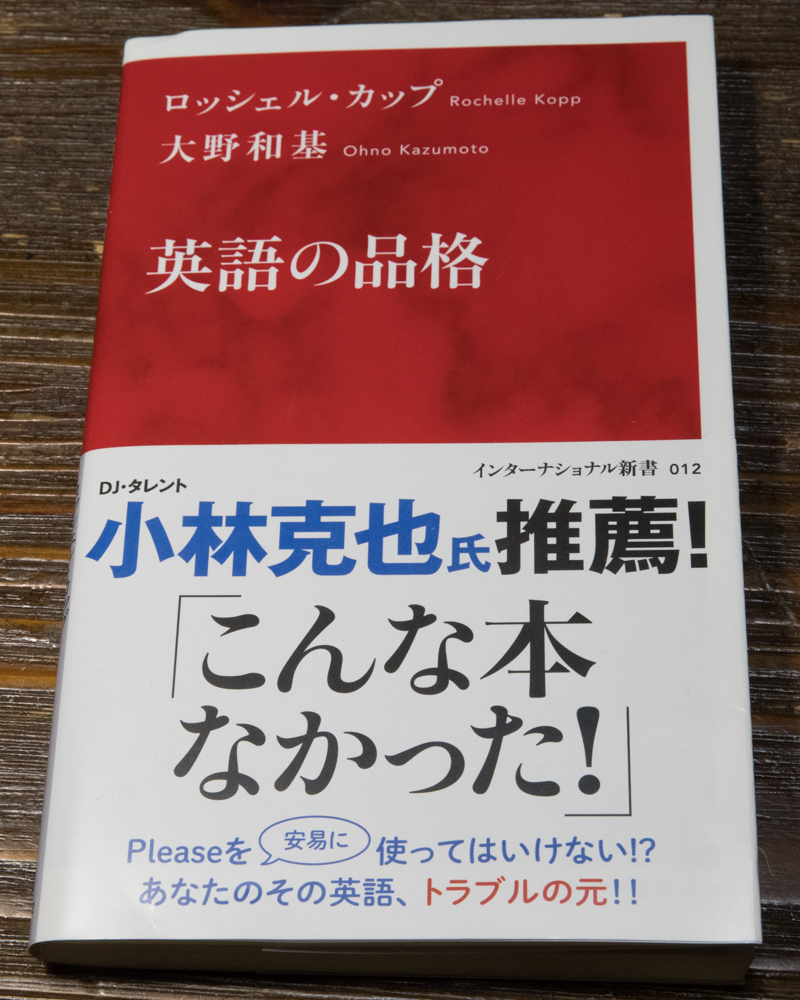If you ask some Japanese now about the definition of “大衆小説” (popular literature), answers might be much diversified and vague. There could be no more clear distinction between “pure” literature and popular literature. Regarding the popular literature in its early stage, namely public romance in my word, however, its existence was obviously clear and prominent in the total literature in Japan. Before explaining the details of public romance, let me clarify some backgrounds why it became so popular in Taisho period (1912 – 1926):
(1) Taisho period is often referred with the word “democracy”. (Taisho democracy) Democracy in Japan has not started first since after World War II, but it has its origin in Taisho period. The first universal suffrage was given to all adult males for the first time in 1925. It means common people’s power was strengthened more and more during Taisho period.
(2) Along with the development of democracy, many newspapers started their business from around the end of 19th century. They definitely needed catchy entertainment to attract more readers.
(3) For the above mentioned purpose, some newspapers serialized stenography of “Kodan” (講談). Kodan is a traditional art of story-telling in Japan, mainly of anecdotes of historically famous person. Many tellers of Kodan at that time protested them as infringements of their intellectual right. The accused newspaper companies had to explore some alternatives.
It is important that public romance was called “new Kodan” in the beginning, and it replaced stenography of Kodan in offering entertainment to the readers of newspapers.

